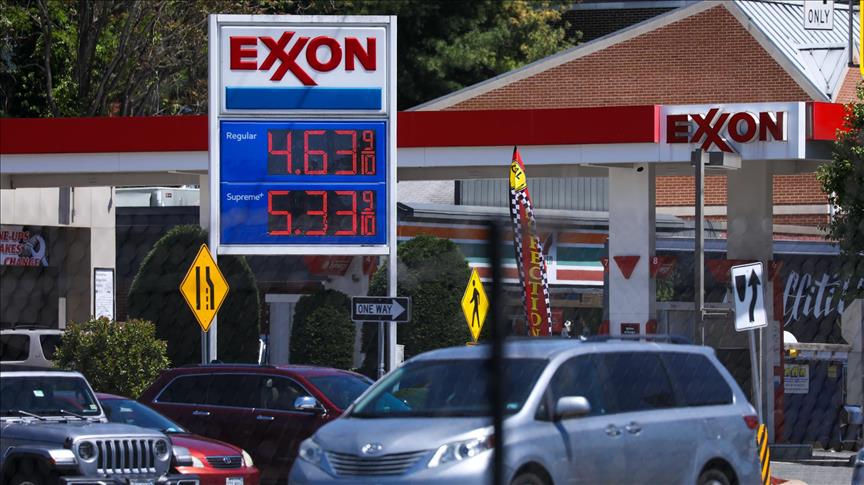The world’s energy-related carbon emissions will decline 25% by 2050 in line with growing lower-emission options, ExxonMobil’s global outlook covering the period up to 2050 showed on Monday.
The US energy giant calls it a major change, as these emissions rose by 10% over the past decade.
Although substantial progress has been made, larger reductions are needed to keep global warming from exceeding 2°C, according to the United Nations Intergovernmental Panel on Climate Change (IPCC).
'The world will need to dramatically scale up lower-emission solutions—beyond the current trajectory—that preserve the advantages of today’s energy system while significantly and efficiently reducing emissions,' ExxonMobil said.
The company said such an achievement would require policy support from governments, significant advances in technology to reduce costs, and ultimately, market-driven solutions to incentivize emission reductions.
Contributing to lower energy-related carbon emissions, renewable energy will continue to hold great promise, with wind and solar providing 11% of the world’s energy supply in 2050, five times that of today’s contribution.
According to ExxonMobil’s projections, other lower-emission options, such as biofuels, carbon capture and storage, hydrogen and nuclear, will also play important roles.
'And even with this unprecedented rise in lower-emission options, oil and natural gas are still projected to meet more than half (54%) of the world’s energy needs in 2050,' it added.
By Sibel Morrow
Anadolu Agency
energy@aa.com.tr


